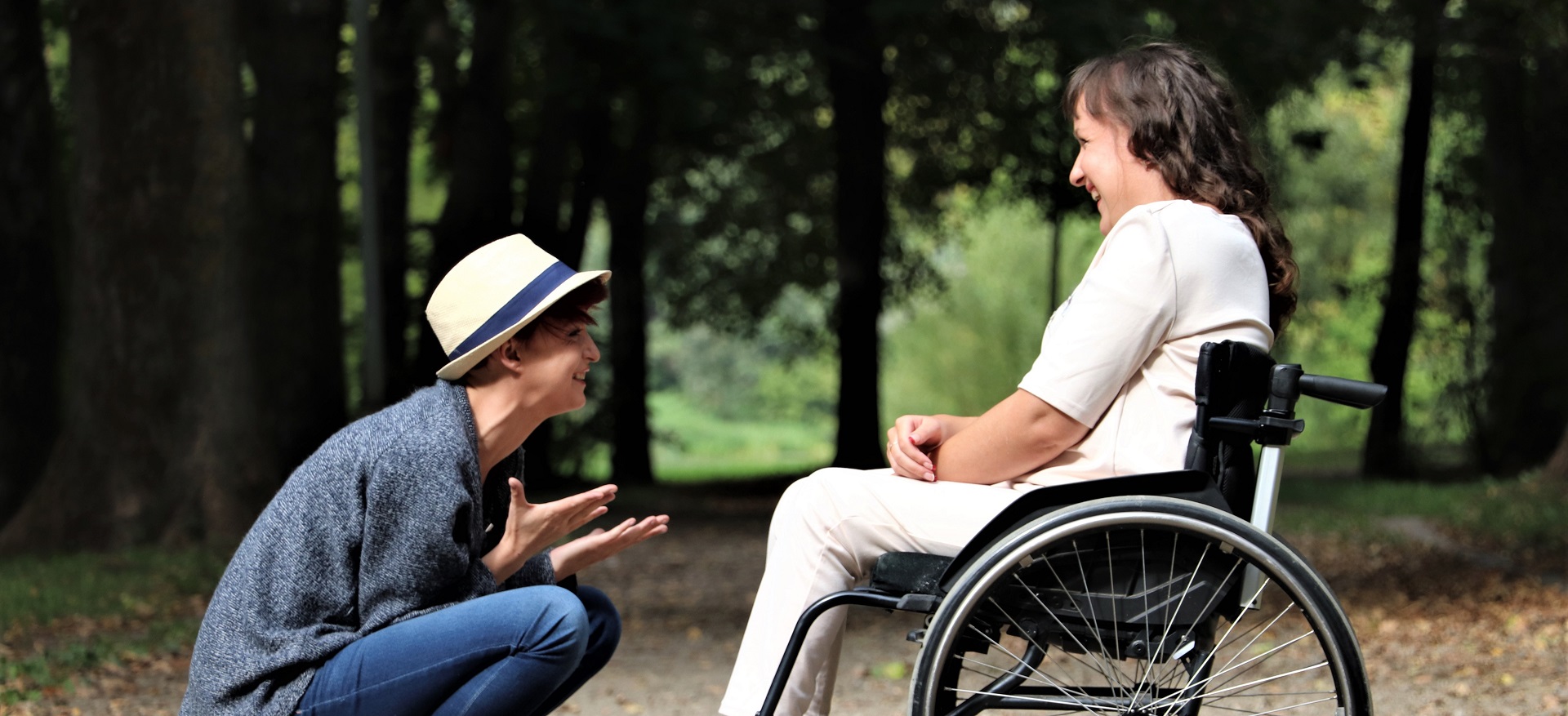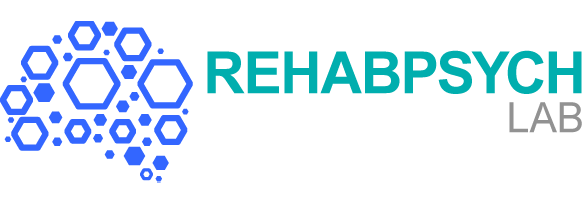Wellbeing After Stroke

Wellbeing After Stroke of those with Spinal Cord Injury
The Wellbeing After Stroke Program aims to provide an educational series based on cognitive behavioral therapy techniques for managing mental and emotional wellbeing of individuals who have experienced Stroke. The program consists of 6 core lessons to help clients gain skills to manage their thoughts, behaviors, and physical symptoms resulting from post-stroke depression and/or anxiety. Previous research has found cognitive behavioral therapy (CBT) effective in reducing symptoms of depression and anxiety in individuals’ post-stroke (Ahrens et al., 2022). Additionally, our ongoing research on internet-based CBT (ICBT) has shown the potential to improve access to mental health services, improve the rehabilitation process, and help people gain skills to control over their wellbeing symptoms (depression, anxiety) and improve their confidence, to get back to living a full, satisfying life.
We are currently recruiting participants to enrol into this research study. If you are interested, you must agree to the following prior to being eligible:
-
At least 18 years of age
-
Diagnosed with a stroke
-
Canadian resident and intending to remain in Canada for the 10-week intervention
-
Access to a computer and internet
-
Comfortable using the internet and writing emails
-
Has at least 1-hour per week of time available to work on the course material
-
Willing to provide a medical contact
Click here to participate in the research study
Commonly Asked Questions:
How was The Wellbeing for Stroke Program developed?
The Wellbeing After Stroke program is an internet-delivered cognitive behavioral therapy (ICBT) trial based on a past program for those with spinal cord injury developed by Dr. Swati Mehta (Lawson Health Research Institute), Dr. Heather Hadjistavropoulos (University of Regina), and Dr. Blake Dear (Macquarie University, Australia). It was adapted and tailored at Lawson Health Research Institute by Dr. Swati Mehta and team for individuals diagnosed with stroke through collaborations with persons with lived experience, caregivers, researchers, and specialized clinicians (e.g., Physiatrist, Psychologist). In this research study, our team will examine the effectiveness, acceptability, and feasibility of guided and self-directed Online-CBT for assisting clients who have been diagnosed with stroke.
Why was it developed?
The program was designed because so many people never seek treatment, but many have access to the Internet. Because the physical and emotional demands of experiencing a stroke, along with its aftereffects, are often connected with symptoms of depression and anxiety it was felt to be important to provide information and resources that could be used to manage these symptoms. This research study will determine whether the program is able to improve the wellbeing of post-stroke patients.
What will this research study do for me?
Our ongoing research shows that ICBT helps people gain skills to control over their symptoms, improve their confidence, and get back to living a full, satisfying life. The ICBT program aims to provide good education and guidance on simple but effective techniques for managing symptoms. Very broadly, the program helps people with thoughts, feelings, and physical symptoms resulting from post-stroke depression and/or anxiety. In this research study, our team will be exploring the impact of a tailored ICBT program on post-stroke patients.
How does the ICBT program work?
The Wellbeing for Stroke Program is a 10-week program comprised of 6 core lessons and weekly guide support for those in the guided group. Depending on the complexity of the lesson, it is recommended that participants spend 1 to 2 weeks on each of the given lessons. The program sessions take approximately 1-2 hours of a participant’s time per week. Lessons consist of educational and engaging materials that are accessed online, and “Do it Yourself” (DIY) activities and resources that are reviewed offline, as well as additional resources for common concerns.
What support is available from therapists?
In the Wellbeing for Stroke Program, one of the two groups, the guided group, is clinician guided. This means that during the week, participants can send questions or comments to their designated Guide (registered Mental Health professional) though a secure message system. On a set day each week, the Guide checks the website, reviews participant’s progress on the program and responds to messages. Most contact with the Guide is through secure emails and Microsoft Teams, but sometimes Guide contact participants by phone. Those in the self-guided group will not have contact with a guide and will receive automated reminders regarding the weekly lessons.
How will my progress in the research study be observed?
Participants will complete questionnaires prior to the start of the program, before each lesson of the program, once they have completed the program, and at the 3 month and 6 month marks after completing the program. The questionnaires will assess the impact of experiencing a stroke as well as anxiety and depression symptoms.
Who can take part in this research study?
The Wellbeing for Stroke Program is open to Canadian residents and is designed for post-stroke patients who have symptoms of depression or anxiety, are 18 years of age or older, are comfortable using and have access to the Internet. We request but do not require a local medical contact available in case of emergencies. The course is not recommended if you have severe problems with alcohol or drugs, mania, psychosis, or strong thoughts of suicide.
Who can answer my questions about the ICBT program research study?
If you have any questions regarding this research study, you can contact Batool Rahal at brahal@uwo.ca
How do I sign up?
If you are interested in participating in The Wellbeing for Stroke Program research study, please register below and follow the instructions.
Click here to participate in the research study
